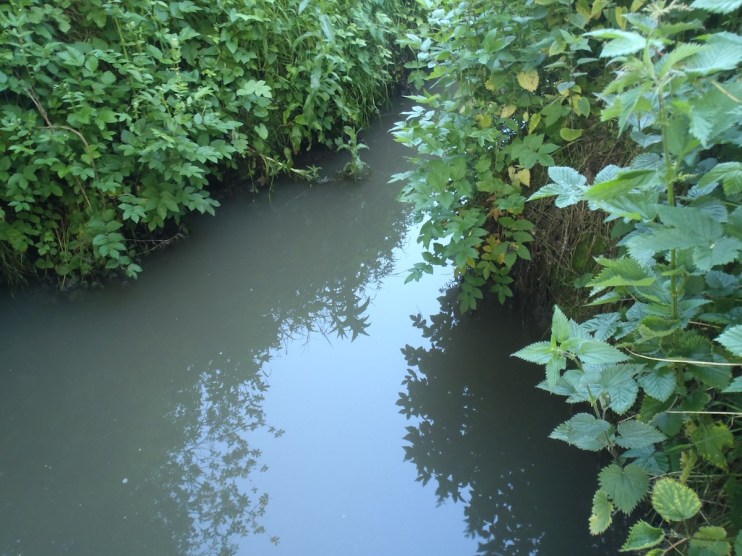More s**t than ever before – 2023 was the worst year for sewage spills on record

Last year was the worst on record for recorded sewage spills into English waterways, according to new data out today.
Figures from the Environment Agency show that there were 477,972 discharges from England’s 14,000 storm overflows in 2023, a 59 per cent increase from the year prior.
In total, over 3.5 million hours of sewage spills occurred in 2023, more than double the 1.7 million hours recorded in 2022.
Over 40 per cent of England’s storm overflows spilled more than ten times in 2023, down from 48 per cent the year prior but the number that spilled over 60 times more than doubled to 2,779 against 1,355 in 2022.
The average sewage spill duration time in 2023 was 7.8 hours across all water companies, up from 5.8 hours the year prior and the average number of spills per individual overflow leapt from 23 in 2022 to 33 in 2023.
The Environment Agency said it was setting up a whistleblower hotline for people who work in the industry to report any activity that should be investigated.
Storm overflows are designed to only be used during extreme weather but have increasingly been shown to routinely discharge raw sewage into the UK’s waterways.
Recent research from the River Trust shows that not a single river in England has been classified as in good health, with nearly nine out of 10 falling below ecological standards.
Thames Water, the UK’s largest water provider has been in the public and political crosshairs for its sewage polluting record in recent years.
The embattled firm, which is in the process of having a multi-billion, taxpayer-funded turnaround plan approved by sector regulator watchdog Ofwat, recently said its leakage numbers would be higher than last year.
This amounts to 585m this year and between 512m and 530m litres next year – up from the 507m previously forecast.
Struggling under an £18bn debt pile, the increasing likelihood of a government bailout of Thames Water saw Prime Minister Rishi Sunak last week draft in his adviser on business and investment, former Morgan Stanley executive Franck Petitgas, to assist.
Earlier this week, the Environment Agency said that it has fast-tracked £180m of funding for the next year to prevent around 8,000 sewage spills, but Thames Water refused to commit to the plan.
The government body also said earlier this week that from next year, utility providers will be required to fit an extra 7,000 on emergency storm overflows, which track sewage releases at times of blackouts of infrastructure failure.
Firms’ bosses line pockets as sewage spills
But none of this under-performance has been reflected in the pay-outs for those atop the failing utilities.
Calculations by the Labour Party show that water company bosses have awarded themselves over £25m in bonuses and incentives since the last general election.
The analysis found that nine water chief executives were paid £10m in bonuses, £14m in incentives and £603,580 in benefits since 2019, despite the sewage leaks.
Labour’s shadow environment secretary Steve Reed said the Conservatives are “too weak to get tough with polluting water companies,” and has amplified calls for bonus pay packages to be taken from water firms’ top brass.
“Instead of imposing Labour’s ban on water bosses’ bonuses, Steve Barclay has weakly chosen to only talk about doing it,” he said.
“The evidence is clear, we don’t need the dither and delay of a consultation, we need immediate action.
“That is why Labour will put the water companies under tough special measures; we will strengthen regulation so law-breaking water bosses face criminal charges, and give the regulator new powers to block the payment of bonuses until water bosses have cleaned up their filth.”
The Environment Agency’s data comes as construction on London’s £5bn ‘super sewer’ is set to reach completion in the coming days.
The 16-mile long pipe will divert 34 of the most polluting storm outflows away from the Thames.
The first sewage is expected to flow into the tunnel this summer and it should be fully operational in 2025.
Defra has been approached for comment on today’s figures.